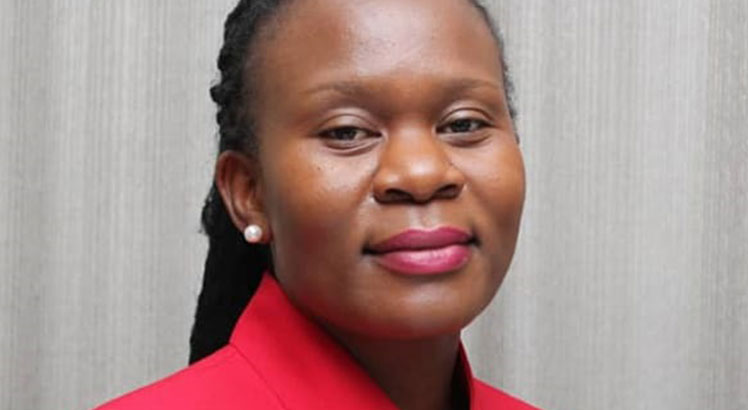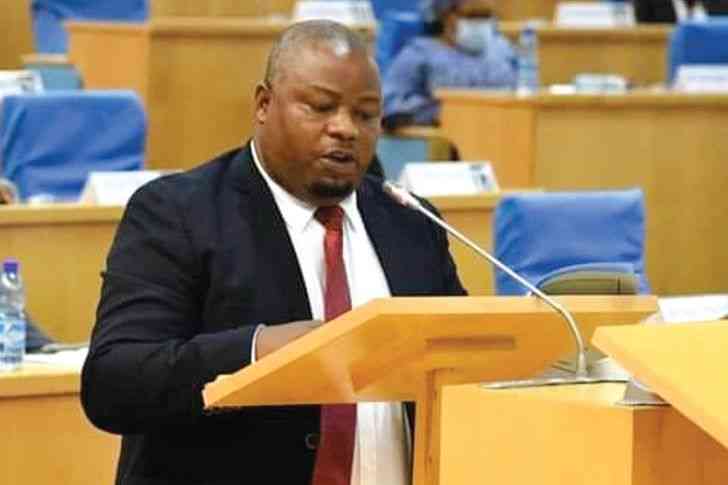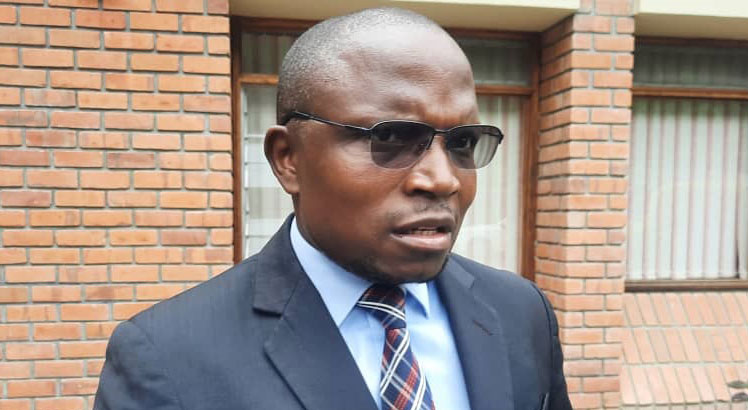Councils paralysed
Delayed disbursement of funds for other recurrent transactions (ORT) and general resource fund (GRF) has paralysed operations of local councils in sectors such as health, education and agriculture.
Malawi Local Government Association (Malga) says the councils are yet to get funding for September and October this year.
In an interview yesterday, Malga executive director Hadrod Mkandawire said the last funding that councils received from central government was for July and August.
He said: “Funding delays are a big problem. There is no September funding yet. The funding the councils received was for July and August.
“Our expectation was that the government will release funding for three months from July to September.”
While confirming the situation, National Local Governament Finance Committee (NLGFC) director of finance Linda Kapanda blamed it on the Integrated Financial Management and Information System (Ifmis).

“However, Treasury has released funding for September which councils will access soon,” she said.
But Mkandawire wondered why authorities were taking too long to address the Ifmis challenges.
He said: “Now, one wonders how a system would take up to five months to fix. The Local Government Authorities [LGAs] are failing to effectively provide services to the citizenry. This includes the health sector, education sector, agriculture sector and so on and so forth.
“In addition, the LGAs cannot effectively hold statutory governance meetings, which, undermines the constitutional and statutory oversight role of council members.”
Mkandawire said he has already engaged new Minister of Finance and Economic Affairs Simplex Chithyola Banda on the need to devolve funding to councils.
“This is the only way we can realise the aspirations of Malawi 2063. The new minister should pay serious attention to fiscal devolution,” he said.
The delays to disburse funds to councils is coming at a time public hospitals are already experiencing stock-outs of essential medicines and medical supplies.
The development has forced the Ministry of Health to appeal for an additional K15 billion drug budget during the Mid-Year Budget Review.
In an interview yesterday, Society of Medical Doctors spokesperson Dr. Zaziwe Fatsani Gundah said delays in funding councils have actually worsened the situation.
He said: “With depreciation of the kwacha, prices of medical and food supplies have gone up, so even the budget is not enough! So, with delayed funding, purchasing of supplies, maintaining vehicles and even buying fuel has been affected.”
Gundah feared cholera cases could go up in some districts, as resources to help fight the outbreak are not available.
However, Kapanda said the problem emanates from the migration of Ifmis system adopted in transfering funds to councils.
She said: “It is something that has happened may be for the past two months, but government is working to ensure that we have no further problems, especially on how we are migrating Ifmis to councils.”
Kapanda said hitches were mainly because central government was using Epicol 7.3 software of Ifmis, while councils were using the older version of Serenic Navigator.
In the 2023/24 National Budget, Treasury has allocated K488.1 billion to local councils. Out of this, K379.2 billion is for personal emoluments, K60.4 billion is for development projects while K48.4 billion caters for ORT.





